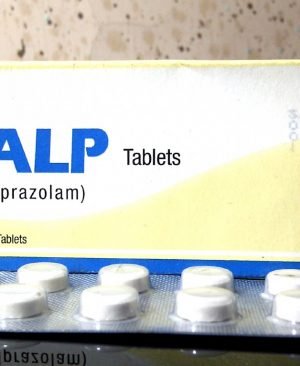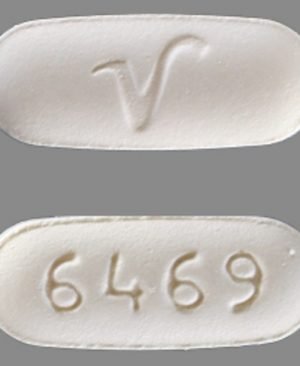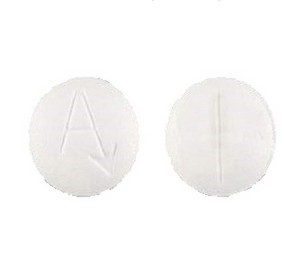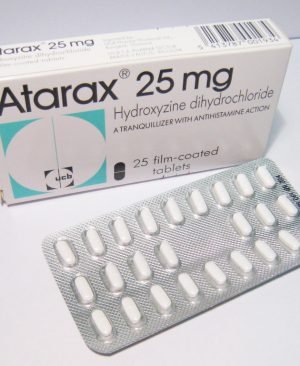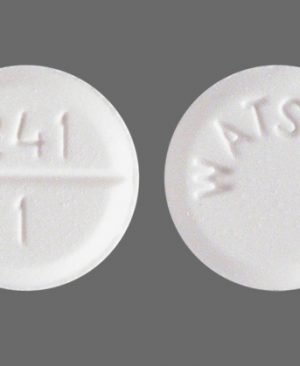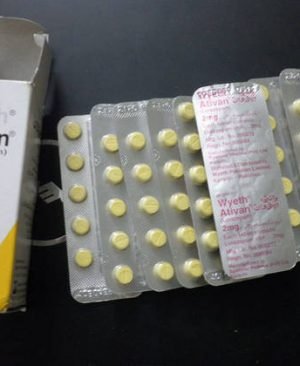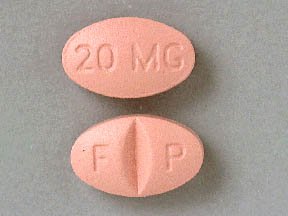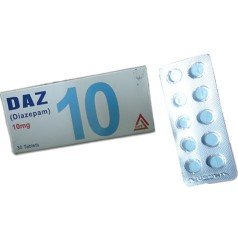What are ADHD and ADD?
ADHD describes a neurodevelopmental disorder that features a variety of symptoms. These may include poor attention, hyperactivity, and poor impulse control.
For a diagnosis of ADHD, the symptoms must be severe enough to interfere with a person’s functioning.
Types
 ADHD can make it hard to focus on routine tasks.
ADHD can make it hard to focus on routine tasks.There are three subtypes of ADHD:
Predominantly inattentive ADHD features forgetfulness, disorganization, and lack of focus. This was previously known as ADD.
Predominantly hyperactive-impulsive ADHD involves restlessness and impulsive decisions, but not inattention.
Combined ADHD features inattention, hyperactivity, and impulsivity.
Symptoms
The signs and symptoms of ADHD vary depending on the type of disorder.
The DSM-5 lists the diagnostic criteria for a range of mental conditions, including ADHD.
Inattentive ADHD (previously ADD)
People with this form of ADHD, (previously ADD) will not have signs of hyperactivity, but, they may have the following symptoms:
- difficulty organizing tasks or activities
- being easily distracted from the task at hand
- regularly forgetting daily activities
- regularly losing things that they need to complete tasks
- avoiding, disliking, or postponing tasks that are not interesting
- regularly losing focus on schoolwork, chores, or duties in the workplace
- not following clear directions
- seeming not to listen when being spoken to
- regularly making careless mistakes
- trouble holding attention on tasks or social activities
Hyperactive-impulsive ADHD
People with hyperactive-impulsive type ADHD will have the following symptoms:
They will show signs of:
- being always being “on the go”
- squirming in their seat, fidgeting with objects on their desk, or tapping their hands or feet
- regularly leaving their seat at inappropriate times, such as during work meetings, classes, or presentations
- talking excessively
- having trouble waiting their turn
- interrupting others in conversation or intruding on activities
- blurting out answers before a question is finished
Good focus on some tasks
 A person with ADD or ADHD can usually focus well on activities they enjoy.
A person with ADD or ADHD can usually focus well on activities they enjoy.People with ADHD will often have problems with disorganization and forgetfulness on a regular basis. They may also struggle to focus on things that are unimportant to them.
However, if a topic interests them, they may focus on it completely, shutting out everything else.
It will be most difficult to focus when undertaking regular, less interesting tasks, such as the laundry, doing homework, or reading office memos.
Diagnosis
Showing any combination of the above symptoms alone is not enough for a diagnosis of ADHD. A person who misses an appointment or talks a lot does not necessarily have ADHD.
To have a diagnosis:
- A child must have at least six of the above symptoms.
- An adolescent or adult must have at least five of the above symptoms.
- The symptoms must be present for at least 6 months before diagnosis
- Three or more symptoms of inattentive or hyperactive-impulsive behavior must have been present before the age of 12 years.
The severity of symptoms is also important.
Everyone forgets their keys from time to time, and many children do not like doing homework. In a person with ADHD, however, these symptoms severely affect their social, school, or work life.
The symptoms will also be inappropriate for a person’s developmental level. An example of this might be a high school student who regularly climbs on top of the classroom table.
Symptoms must also appear in multiple environments, such as school, work, home, and in social situations. There needs to be clear evidence that the symptoms interfere with the individual’s quality of life.
A doctor will also consider whether another disorder can explain these symptoms.
For example:
- Is a child simply rebelling against authority?
- Are their behaviors a cry for attention?
With possible cases of ADHD or ADD in children, a school psychologist may observe the child’s behavior in their classroom environment, to help make a proper diagnosis.
Other conditions with similar symptoms
The behaviors must also not be due to another disorder.
Mood disorders, anxiety disorders, personality disorders, and dissociative disorders can all show similar symptoms to ADD or ADHD.
Children with ADHD have a higher risk of other disorders. The Centers for Disease Control and Prevention (CDC) estimate that about two-thirds of all children with ADHD have other disorders as well.
A child with ADHD may have behavioral problems, too, including:
- oppositional defiant disorder
- conduct disorder
- other learning disorders
- anxiety and depression
These other disorders may make it difficult to diagnose or treat ADHD. They can also make it harder for the child to function and fit in, and they can add pressure on the parents and teachers.
Getting a thorough diagnosis increases the chances of starting appropriate treatment in the early stages. Appropriate treatment can make it easier to manage ADHD and its effects.
Treatment
Lifestyle measures and medications may help. A doctor will advise on the treatment options available to treat ADHD.
 Encouraging physical activity and exercise can be beneficial.
Encouraging physical activity and exercise can be beneficial.Parents can encourage and help children by:
- setting and following a routine
- creating a quiet space
- keeping the home organized, as a good example
- giving plenty of praise
- cutting unnecessary tasks out of the weekly program
- finding activities and hobbies that suit their activity levels and interests
- helping them to make and follow a schedule and lists of things to remember
- allowing plenty of time to complete tasks
Other lifestyle measures that can help include:
- eating a balanced, healthful diet
- getting plenty of exercise
- establishing good sleeping practices
- co-ordinating with the school, if the condition affects a child



